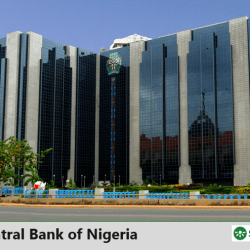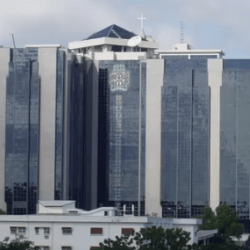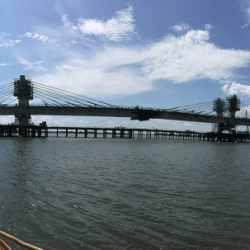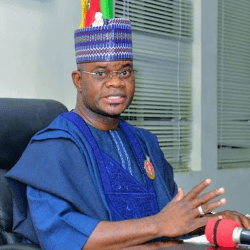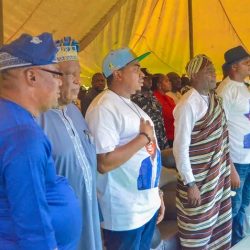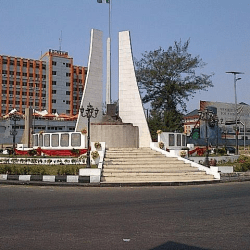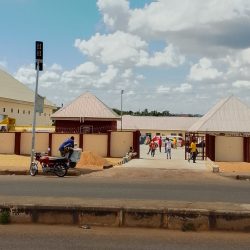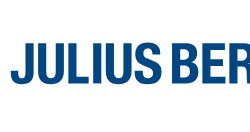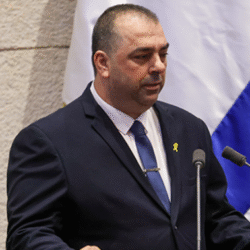The Central Bank of Nigeria (CBN) recently announced a 50 basis point hike in its Monetary Policy Rate (MPR), raising it to 27.25%—an aggressive measure aimed at curbing persistent inflation, which has been a significant economic challenge. This decision, made by the Monetary Policy Committee (MPC), underscores the CBN’s commitment to controlling inflation by tightening monetary policy. However, this approach has faced criticism, as many believe it may worsen economic strain, particularly for small businesses and consumers already facing high living costs and borrowing rates .In addition to rate hikes, the CBN has been actively pursuing partnerships to boost Nigeria’s economy. Recently, it collaborated with the International Finance Corporation (IFC) to promote local currency financing, with a goal of increasing investment in key sectors like agriculture, infrastructure, and small businesses. This partnership aims to make naira-denominated financing more accessible, supporting sustainable economic growth and job creation across Nigeria.
Despite these efforts, experts argue that Nigeria’s inflation challenges are not solely demand-driven. Structural issues—such as supply chain disruptions, agricultural inefficiencies, and high energy costs—are also contributing factors, suggesting that Nigeria may need a more comprehensive policy approach, combining fiscal reforms, infrastructure investments, and social support to address the root causes of inflation sustainably.


